Successful training experiences are built on the trainer's ability to select and use materials that speak to their audience. When participants can relate to the content, they are more likely to engage with it and retain what they've learned.
However, because learners absorb information in different ways, this can be a challenge for trainers. Some people learn best by seeing information presented visually, while others need to hear it or see it in action. As a result, trainers must be able to adapt their materials to appeal to different learners. By taking the time to understand how their audience learns best, trainers can ensure that everyone leaves the training feeling successful.
Key Principles for Effective Successful Learning
Although there is a great deal of research that has been conducted on effective learning methods, three key insights seem to consistently emerge. These include:
Understanding the Context of Learning
As a trainer, it is important to understand the learner's context in order to provide the most engaging and effective learning experiences. This context includes the learner's past experiences, present circumstances, and future goals. By taking the time to learn about each individual learner, trainers can create learning experiences that are tailored to the specific needs of each learner. As a result, learners are more likely to be engaged in the learning event and ready to apply what they have learned to their future endeavors.
Responding to the Learner's Existing Levels of Knowledge
In order to effectively establish and respond to the learner's existing level of knowledge, it is important to consider a variety of learning experiences. This might include previous coursework, workplace learning, personal experiences, and more. By taking all of these factors into account, you can get a better sense of where the learner is starting from and how best to meet their needs. Additionally, it is important to be flexible in your approach and be willing to adjust the learning experience based on feedback from the learner. By establishing a strong foundation and being responsive to the learner's needs, you can create an effective learning experience that meets everyone's needs.
Provide Adequate Practice
When learning a new skill, it is important to provide adequate and appropriate practice over time in order for learners to effectively develop the skill. This requires providing learning experiences that gradually increase in difficulty as learners master the basics. Once the basics are mastered, more complex tasks can be introduced in order to provide continued learning opportunities and challenge learners to further develop their skills. By scaffolding learning opportunities in this way, learners will be able to effectively become competent in the skill.
For many adult learners, the time they have available to dedicate to learning is limited. That's why it's essential for trainers to design learning experiences that are effective and engaging, so that adult learners can make the most of the time they have available.
By following the key principles outlined in this article, as well as regularly providing feedback, trainers can ensure that adult learners are able to gain the knowledge and skills they need in a way that fits their schedules and the needs of their workplace. In addition, by carefully assessing the needs of adult learners, trainers can design learning experiences that target the specific skills and knowledge that will be most useful to them.
Need help designing your training materials? Safety Mentor’s team of experts is here to help. Contact us today to learn more about our services.





.png)